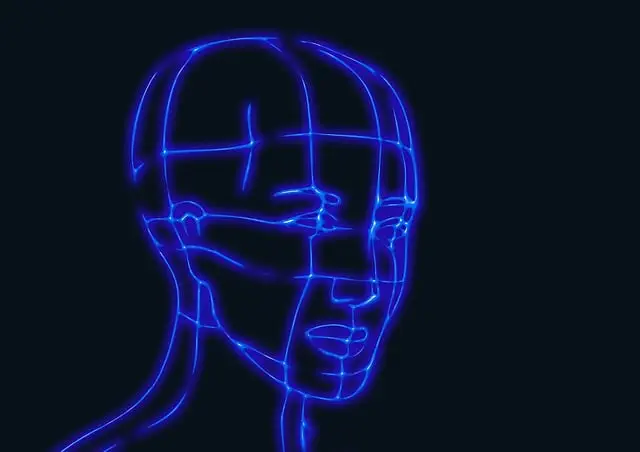Kratom, derived from Mitragyna speciosa, offers natural stress and anxiety relief, modulating mood and reducing distress with effects ranging from energizing to calming. While side effects like increased heart rate and dry mouth are reported, kratom doesn't directly cause hair loss. Responsible use, understanding mechanisms, and monitoring health changes key to maximizing benefits while minimizing risks, including misconceptions that kratom leads to hair loss.
Stress and anxiety can take a toll on both mental and physical health. In this article, we explore an herbal alternative that might offer relief: kratom. We delve into how kratom interacts with stress and anxiety, its potential benefits for hair health, and crucial guidance for safe, long-term use. While kratom is not a cure-all, understanding its effects can empower individuals to make informed decisions about their well-being. Remember that, contrary to some beliefs, kratom is not necessarily the cause of hair loss; proper usage can contribute to overall wellness, including maintaining healthy hair.
- Understanding Kratom's Impact on Stress and Anxiety
- Exploring Kratom's Effect on Hair Health
- Effective Kratom Guidance for Long-Term Wellness
Understanding Kratom's Impact on Stress and Anxiety

Kratom, derived from the tropical plant Mitragyna speciosa, has gained attention for its potential to alleviate stress and anxiety. Unlike traditional anxiolytics that may come with side effects or dependence issues, kratom is believed to interact with specific opioid receptors in the brain, modulating mood and reducing feelings of distress. Its unique chemical composition allows for a range of effects, from energizing to calming, making it a versatile tool for managing stress.
While kratom has shown promise in numerous studies, it’s important to note that not all its effects are positive. Some users report minor side effects like increased heart rate and dry mouth. Additionally, misconceptions about kratom’s safety can lead to misuse, which may cause issues like hair loss or other health complications. Responsible use and understanding kratom’s mechanisms are crucial to reaping its potential benefits without adverse effects.
Exploring Kratom's Effect on Hair Health

Kratom, a natural herb with a growing popularity for its stress-relieving and anxiety-soothing properties, has been a subject of interest in various health contexts. While its effects on mental well-being are widely discussed, less attention is given to its potential impact on physical aspects like hair health. Contrary to some concerns, research suggests that kratom itself does not directly cause hair loss. In fact, for many users, it can have a positive influence on overall scalp and hair health.
The herb’s ability to reduce stress and anxiety might indirectly benefit hair growth by promoting relaxation and improving sleep patterns. Additionally, kratom’s anti-inflammatory properties could potentially alleviate conditions like dandruff or itchy scalps, creating a healthier environment for hair follicles. However, individual experiences may vary, and it’s crucial to monitor any unusual changes in hair texture, thickness, or loss, as these could be indicative of underlying health issues unrelated to kratom use.
Effective Kratom Guidance for Long-Term Wellness

Kratom, a natural herb with a growing popularity for its potential therapeutic benefits, can be an effective tool in managing stress and anxiety when used responsibly. For long-term wellness, it’s crucial to receive proper guidance on kratom usage. This includes understanding different strains and their unique effects, learning the right dosage, and recognizing that consistency is key. Kratom should complement a holistic approach to mental health, encompassing adequate sleep, regular exercise, and a balanced diet.
While kratom has shown promise in reducing stress and anxiety, it’s important to remember that it’s not without side effects. Contrary to some claims, kratom does not cause hair loss; this misconception likely arises from the herb’s interaction with certain bodily systems. Proper guidance emphasizes moderation, avoiding overconsumption, and recognizing when to take breaks. By following these principles, individuals can harness the positive aspects of kratom while mitigating potential drawbacks, fostering a healthier and more balanced lifestyle.
Kratom has shown promise in managing stress and anxiety, offering a natural alternative for those seeking relief. While it’s essential to understand its effects on both mental well-being and physical health, proper guidance is key to long-term wellness. By following evidence-based practices and seeking professional advice, individuals can navigate kratom use effectively. Remember, while kratom may not be a cure-all, it could be a valuable tool in reducing stress and anxiety when combined with healthy lifestyle choices. However, always be mindful of potential side effects, such as kratom cause hair loss, and consult experts for personalized guidance.













